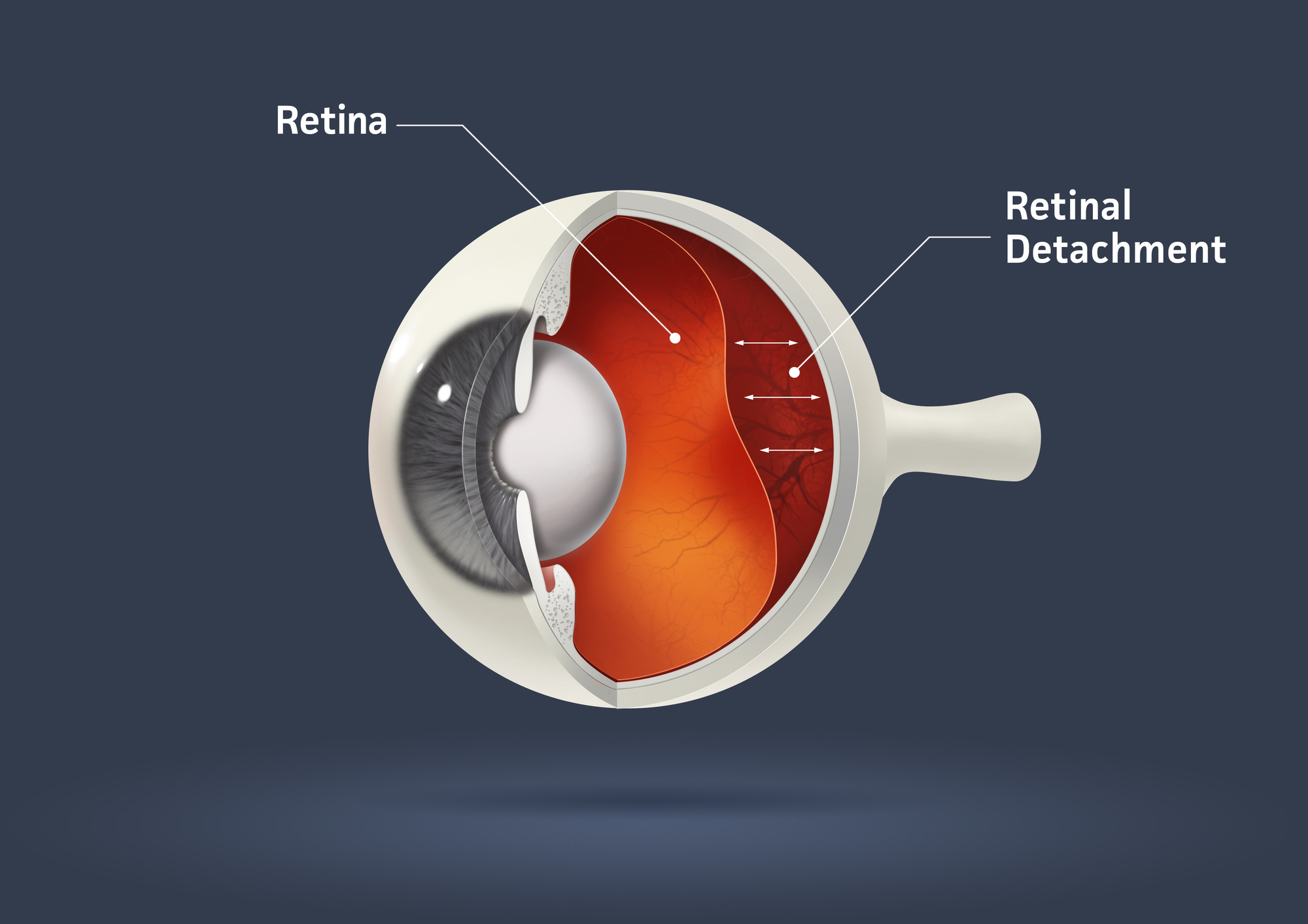

When the retina is detached, its cells do not receive the oxygen they need, and they begin to die, which may lead to permanent blindness. The longer you wait to seek treatment, the greater the chances are that the damage to your vision will be permanent. If at all possible, you should see a doctor within a matter of hours. If someone is near you and can take you to the hospital or your eye doctor’s office, lie as flat as possible for the car ride. Lying flat on your back may encourage the retina to fall back into place until treatment can be sought. Lie flat on your back and try your best to avoid sudden head and eye movements. If you have sudden symptoms of a detached retina, the first thing you should do is try to remain calm. If the doctor does not think the retina is likely to detach, you may not even require treatment. If this retinal tear has not yet developed into a retinal detachment, the surgical procedure you need will be simpler. Retinal TearsĪfter examining you, the doctor may conclude that you are suffering from a retinal tear. The sooner a retinal detachment is diagnosed, the better the chances of saving your vision. This type of eye problem is an emergency therefore, treatment from an eye doctor should not be delayed. Typically there is no pain associated with a detached retina, since the retina does not contain any pain receptors, although if the retinal detachment was caused by an injury, some pain may be felt in other parts of the eye.

Patients with these symptoms should contact their eye doctor immediately and be seen for an exam the same day if possible. Symptoms of retinal detachment may include eye floaters, light flashes (especially in peripheral vision), very blurred vision, the appearance of something like a veil or curtain blocking your vision, or a sudden dramatic decrease in vision. Fluid leaks into the area under the retina, but there are no tears or breaks in the retina. Exudative: this is usually the result of retinal disease, inflammatory disorders, or injury to the eye.Tractional: this less common type of retinal detachment occurs when scar tissue on the retina’s surface contracts and causes the retina to separate from the eye.Rhegmatogenous: as described above, this is a tear or break in the retina it is the most common type of retinal detachment.There are three different types of retinal detachment: A retina detaches when it is torn in a way that allows fluid to collect between the retina and the back of the eye. Retinal Detachment is a serious eye emergency that involves the retina detaching or peeling away from the back of the eye in much the same way an orange peel comes off the fruit.


 0 kommentar(er)
0 kommentar(er)
